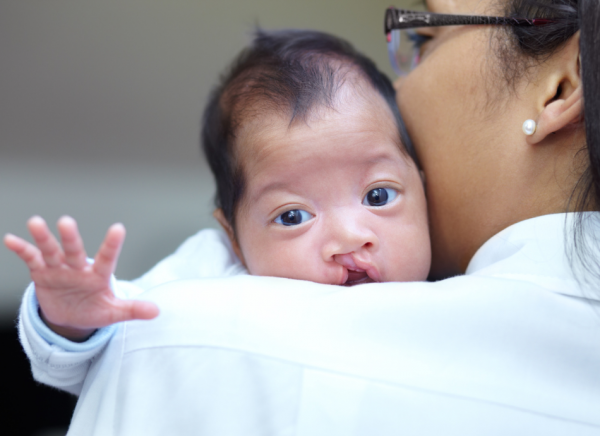A birth defect is a problem that is present at birth and happens when a baby is developing in their mother’s body. Most birth defects happen in the first 3 months of pregnancy because that is when the organs are developing.
A birth defect may affect the way the body looks, works or both. Some birth defects (such as cleft lip) are easy to see, but others (such as heart defects or hearing loss) are found using special tests. Birth defects can vary from mild to severe.
If your baby is born with a birth defect or other health condition, they may need special care at birth and later in life. You will be able to talk to your baby’s healthcare team about any questions or concerns you have.
A child born with a birth defect can still lead a normal and healthy life. Although these children may have challenges that other people don’t have, they can still do everything most other people do.







